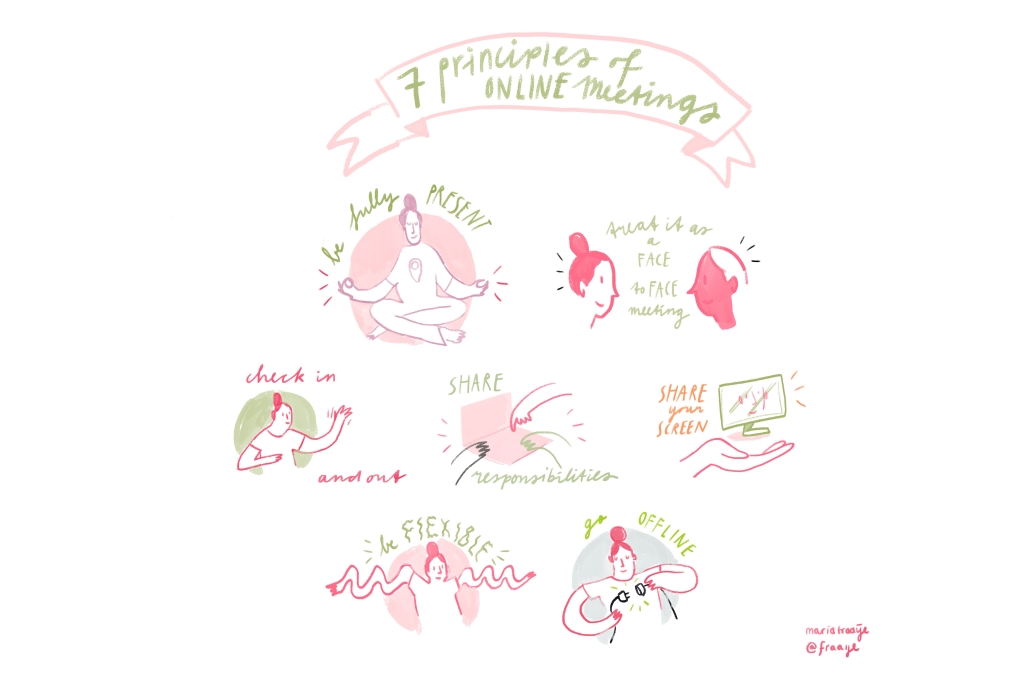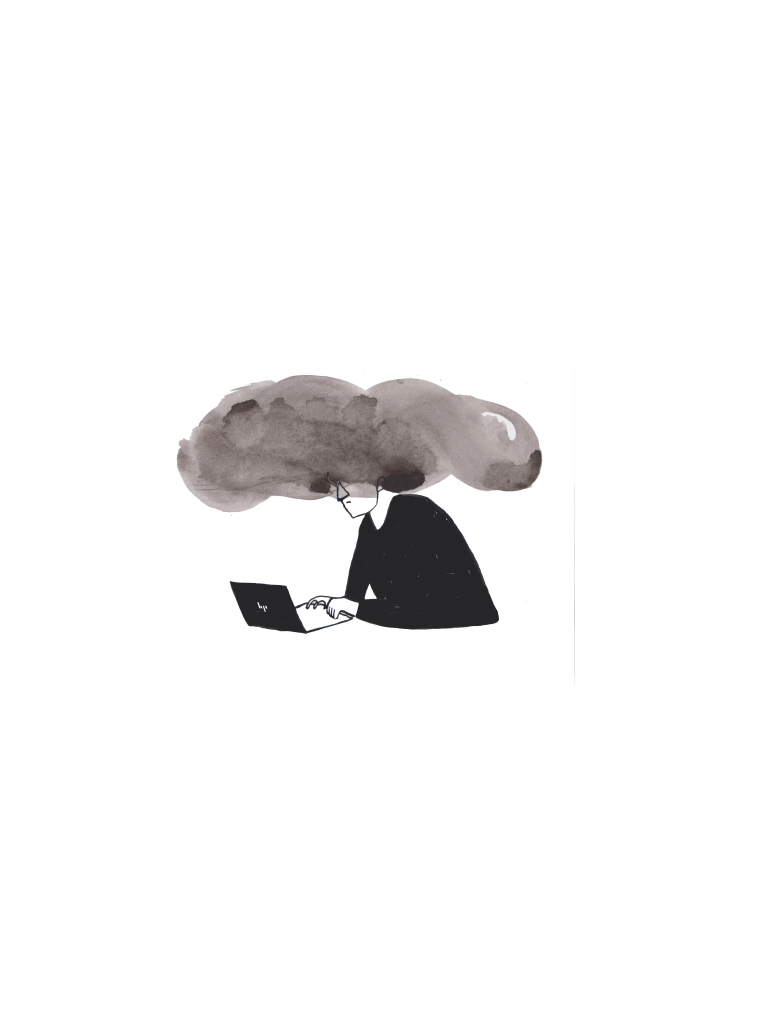The Dutch healthcare system is faced with an ageing population, a declining labor force and rising costs. In addition, climate change requires the sector to become more environmentally conscious and increases healthcare demand. Considering these critical challenges, the Dutch healthcare will have to change radically. Françoise Johansen’s PhD research asks: what is healthy care?
The past ten years sustainable healthcare has become a key concern for politicians, policymakers and healthcare professionals: can we continue to offer accessible, affordable and quality care? More recently, increasing concerns regarding the climate footprint of healthcare, enhanced by the COVID-19 pandemic, have raised the question if the sector can stay within planetary boundaries? This context, together with ongoing discussions concerning rising costs of healthcare delivery, have sparked new interest in sustainable healthcare and the need for a fundamental transformation.
Healthy care
The main question guiding this research is: How does sustainability develop meaning and significance in Dutch healthcare?
This thesis explores a transition movement in Dutch healthcare by highlighting the developing discourse around sustainable healthcare. Additionally, several emerging alternatives are studied that introduce new cultures, structures and practices and interact and develop with the incumbent regime.
Three case studies
Johansen’s research explores these new forms of care through three case studies:
- The Expedition to sustainable healthcare, developed by the Dutch CSR Network for Healthcare: a learning program aimed at creating frontrunners in the healthcare transition.
- Neighborhood Care (‘Buurtzorg’) as an example of delivering healthcare in a radically different way. The Dutch initiative has become a ‘symbol’ for a future transition in healthcare.
- Positive Health, which hones in on influencing policy development in Dutch healthcare. How does focus shift from ‘disease and care’ to ‘health and behavior’?
Transition pain
Next to alternative practices, this thesis also looks at transition dynamics by studying a process of organizational realignment. This creates confusion and an organizational member can experience a sense of dissonance. In this study, we explore the use of a pain metaphor in organizational processes, perceiving an individual pain experience and pain symptoms such as tension or stress as a signal or call to action.




